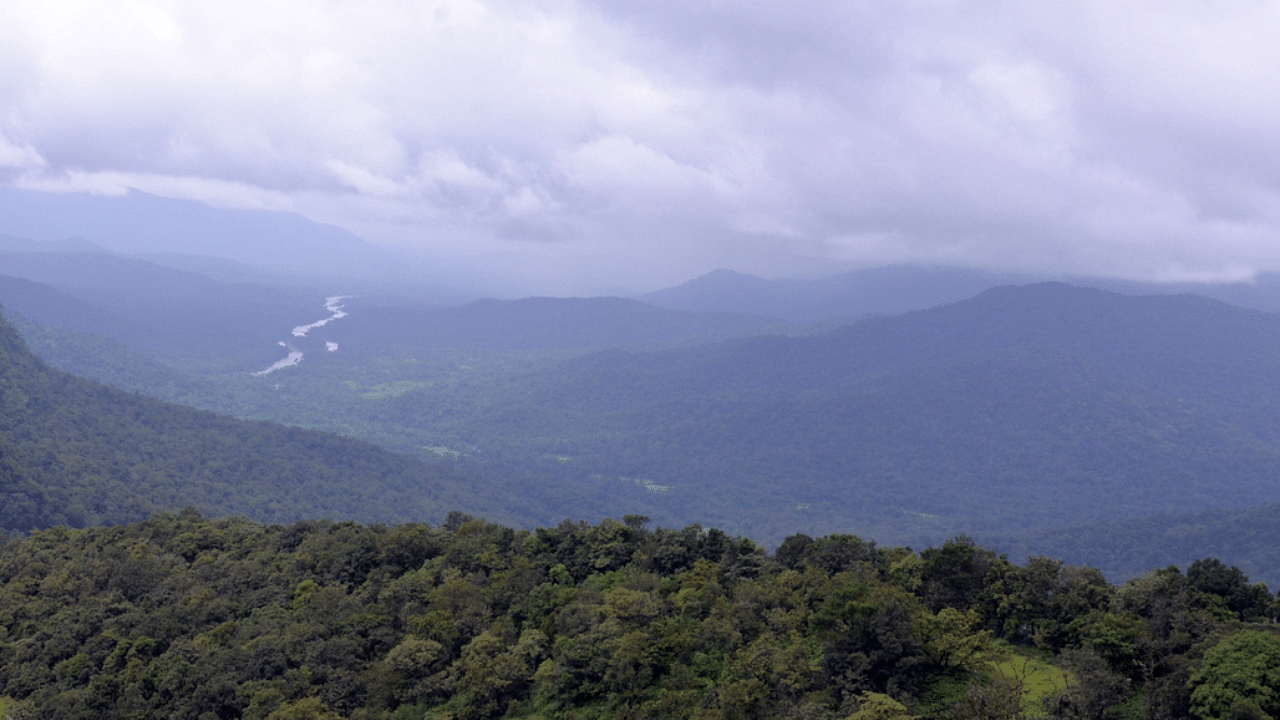
Even as the Western Ghats region faces a constant onslaught due to unbridled ‘development’, felling of trees and mining, illegal homestays and resorts have emerged as one of the new threats to this ecologically sensitive region. Whether it is Kodagu, Hassan, Chikkamagaluru or the coastal district of Uttara Kannada, illegal homestays and resorts thrive with impunity as the district administration and forest and tourism departments look the other way. Rave parties, gambling and prostitution have been reported in these places which attract anti-social elements from across the state and the country. According to guidelines, a homestay can have two to five rooms, and the owner should be a resident of the house. The idea of a homestay is for tourists to savour the local lifestyle, culture, traditions and cuisine. In reality, many owners do not live in the homestay premises, and in many cases, homestays are as big as large commercial-scale resorts.
While registered homestays are inspected once a year by the tourism department, the illegal ones do not come under the official radar at all. In Uttara Kannada district, tourist places like Dandeli and Joida alone have over 500 homestays, though official records put the figure at only 200. In Kodagu, though there are about 1,000 registered homestays, but the Homestay Owners’ Association estimates that the actual number could be over 5,000. There is also the problem of overcrowding at homestays. While regulations stipulate a maximum capacity of 20 guests, there are many homestays that accommodate over a hundred. The government’s recent decision to liberalise conversion of agricultural land to commercial has only added to the problem. With the support of local politicians and bureaucrats, some homestay and resort owners have emerged as a law unto themselves. Recently, in a village in Kodagu, the minor irrigation department constructed a check dam across Chiklihole river to create a large water body for a resort, though this would mean that people downstream would be denied water for drinking and irrigation purposes.
Tourism department officers say they are forced to turn a blind eye as these illegal homestays and resorts are instrumental in increasing the tourist flow to districts, where accommodation is in short supply, and thereby contribute to the local economy. But this has led to tourists far exceeding the carrying capacity of these districts. Considering that the government machinery has not shown willingness to act on the issue of illegal homestays, it is perhaps time for the Lokayukta to step in, have a survey of illegal homestays and resorts conduced, and initiate action against guilty officials. Tourism is welcome, but not at the cost of the environment.